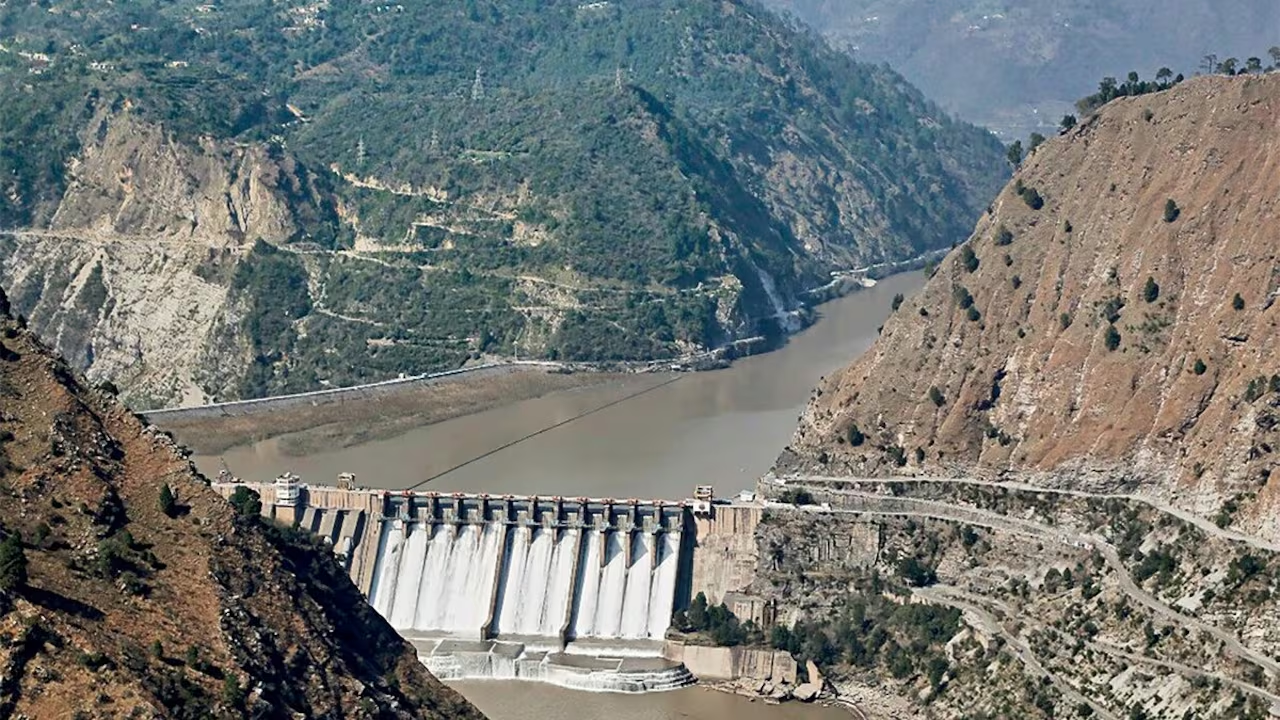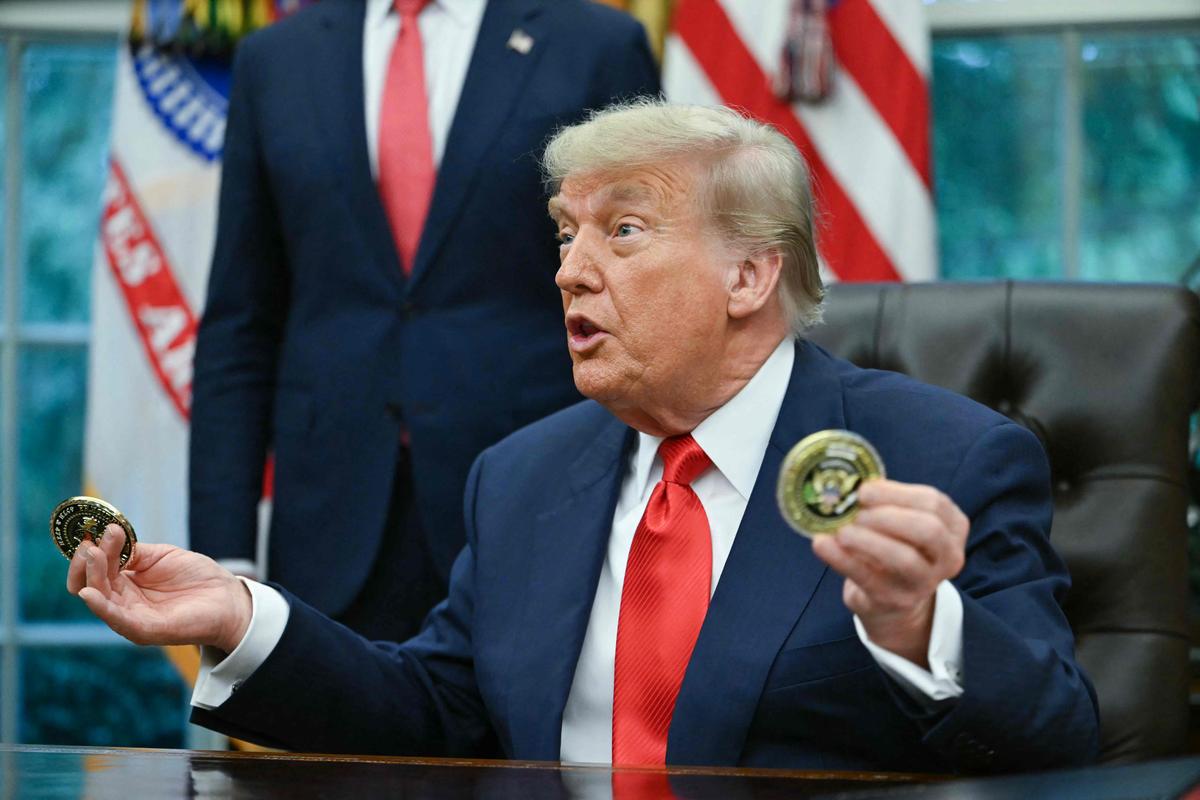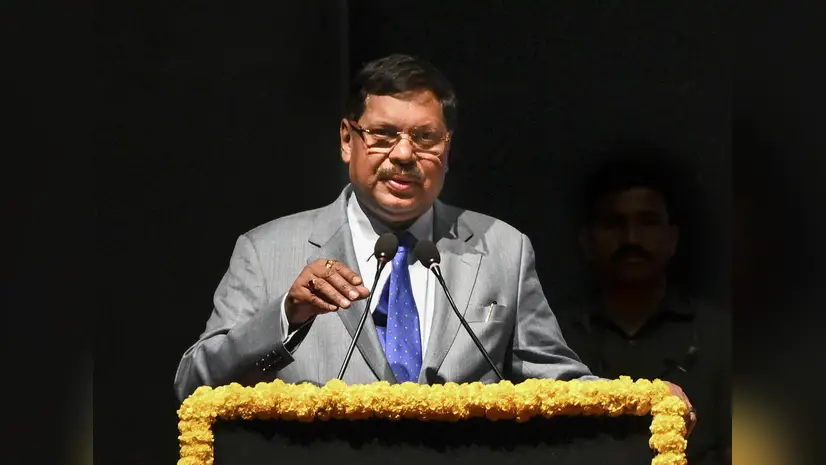- Courses
- GS Full Course 1 Year
- GS Full Course 2 Year
- GS Full Course 3 Year
- GS Full Course Till Selection
- Answer Alpha: Mains 2025 Mentorship
- MEP (Mains Enrichment Programme) Data, Facts
- Essay Target – 150+ Marks
- Online Program
- GS Recorded Course
- Polity
- Geography
- Economy
- Ancient, Medieval and Art & Culture AMAC
- Modern India, Post Independence & World History
- Environment
- Governance
- Science & Technology
- International Relations and Internal Security
- Disaster Management
- Ethics
- NCERT Current Affairs
- Indian Society and Social Issue
- NCERT- Science and Technology
- NCERT - Geography
- NCERT - Ancient History
- NCERT- World History
- NCERT Modern History
- CSAT
- 5 LAYERED ARJUNA Mentorship
- Public Administration Optional
- ABOUT US
- OUR TOPPERS
- TEST SERIES
- FREE STUDY MATERIAL
- VIDEOS
- CONTACT US
Right to Privacy for Election Candidate
Right to Privacy for Election Candidate
15-05-2024
In April 2024, the Supreme Court of India ruled that candidates contesting elections don't need to declare every movable asset they own.
- The Court emphasized the Right to Privacy for candidates and states that they shouldn't have to expose every aspect of their lives to voters.
Key Facts about the case
- In a legal case from Arunachal Pradesh, MLA Karikho Kri challenged a decision by the Gauhati High Court that voided (invalidate) his election to the 44-Tezu Assembly Constituency.
- Kri emerged as the winner in the elections held on May 23, 2019, running as an independent candidate.
- The Gauhati High Court ruled against Kri for failing to disclose three vehicles as assets in his election affidavit submitted under Form No 26 according to the Conduct of Elections Rules 1961.
- The Supreme Court clarified that the failure to disclose these vehicles does not suggest an improper attempt by Kri to influence voters.
- The Supreme Court concluded that the non-disclosure of the three vehicles does not breach Section 123(2) of the Representation of People Act (RPA), 1951.
- This section addresses corrupt practices like undue influence on voters' free exercise of electoral rights, including threats, social isolation, or caste/community expulsion.
- Non-disclosure of irrelevant information doesn't qualify as a "defect of a substantial nature" under the 1951 Act.
- Voters have the right to essential information for making informed choices in elections.
About the Representation of the People Act (RPA) of 1951
Right to Privacy
|
- The RPA of 1951 governs conduct of elections and the criteria for elected representatives.
-
Provisions of RPA 1951
- It governs the conduct of elections.
- It outlines the qualifications and disqualifications for being a member of parliament or legislative bodies.
- It includes measures to tackle corrupt practices and other offenses.
- It establishes procedures for resolving doubts and disputes arising from elections.
- Section 36(4) states that nomination papers cannot be rejected for minor defects.
-
Corrupt Practices under RPA 1951
- Section 123 defines 'corrupt practices' to include bribery, undue influence, spreading false information, and inciting hatred based on religion, race, caste, community, or language to gain electoral advantage.
- In the Abhiram Singh versus C. D. Commachen Case (2017), the Supreme Court ruled that candidates are prohibited from seeking votes not only based on their own religion but also on that of the voters.
- The Act defines ‘undue influence’ as any form of direct or indirect interference, including threats, that obstructs voters' free exercise of their electoral rights.
- Section 123(4) allows for the disqualification of elected representatives for various offenses, corrupt practices, failure to declare election expenses, or having interests in government contracts or works.
- According to the Representation of People Act 1951, an elected representative can lose their position for:
- Being convicted of certain offenses.
- Involvement in corrupt practices.
- Failure to declare election expenses.
- Having interests in government contracts or works.
Significance of Representation of People Act 1951
- The act holds great importance for the smooth functioning of Indian democracy by preventing individuals with criminal backgrounds from entering representative bodies, thus cleaning up Indian politics.
- Every candidate must disclose their assets and liabilities and keep track of their election expenses, ensuring accountability and transparency in the use of public funds.
- The act prohibits corrupt practices such as booth capturing, bribery, or inciting enmity, ensuring the legitimacy and fairness of elections.
- Only political parties registered under section 29A of the RPA Act, 1951 can receive electoral bonds, promoting transparency in electoral funding.



